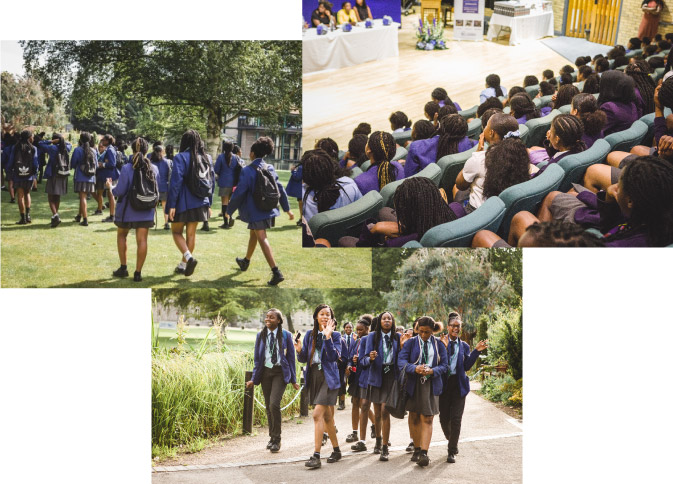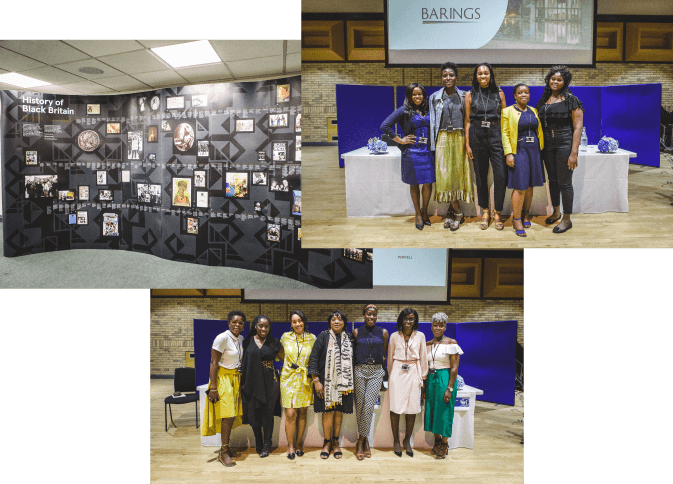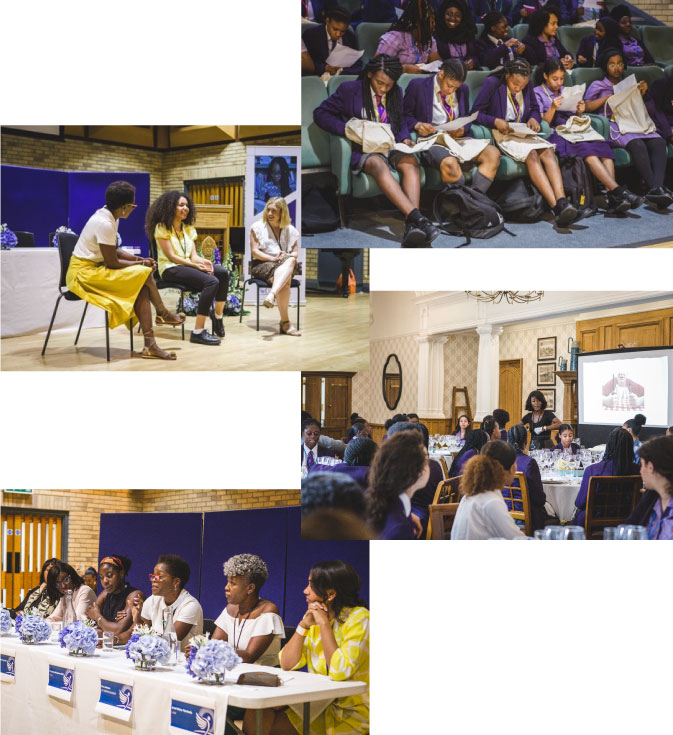Our Work
“Whether you come from a council estate or a country estate, your success will be determined by your own confidence and fortitude.”
– Michelle Obama
(In speech to teenage girls at the Elizabeth Garrett Anderson School in North London, April, 2009)
What we do
Help students develop confidence, learn leadership and life skills.
Enable students to explore and unlock their full potential.
Inspire young girls to greater achievement.
The fact that I am going home more confident and not to give up on what you wanna do.
– Conference attendee

How we do it: Accelerator Programme

Annual conference with a day that includes a series of quality interactive workshops covering critical leadership and life skills delivered by professionals. The event features two career panels of impressive women representing a wide spectrum of sectors.
Post the conference over the course of the academic year, additional customised development workshops designed to reinforce the key lessons from the conference and address areas for further development as identified at the conference.
Throughout the programme we provide opportunities for the students to network with peers and interact with accomplished black women from various fields including finance, law, medicine, entrepreneurship, marketing, IT, media and consulting. Additionally, we facilitate corporate hosting career days.
What I liked most about the conference is the fact that there was powerful and influential BLACK WOMEN that we could look to and aspire to be.
– Conference attendee
Programme skills and topics include:
- Health and wellbeing: Positive Self Image, Health & Hygiene, Mental Health
- Dining and etiquette
- Personal brand on and offline
- Networking
- Financial literacy
- Public speaking
- Career development: Interview skills, CV and cover letter writing, career fair
- Black History

Percentage of students rating of very good/excellent after the respective events:

What students say
Being inspired and learning so many different things
Being able to know that being yourself is ok
Learning how to apply for jobs and write a good CV
Talking about stuff not really talked about
The workshops and learning important skills
We were able to talk about and plan our own CVs
You found out more about yourself
Learning how to present myself
Having a think about my future and how its not embarrassing to chase your dreams
Getting to learn how to build my confidence as a black young woman, striving to do my best
Gaining an understanding of how to behave in a formal situation
I learnt things that I never knew before
Student reaction
What students enjoyed about dining and
etiquette…

What students enjoyed about the career panel…

What students enjoyed about the Young Minds career panel…

What students enjoyed about the role models…

Why our demographic focus?
Building my confidence and meeting some
inspirational women.
In 2015/16, the national average for the percentage of A level students at the end of 16 to 18 study achieving 3 A grades or better at A level was 13%. 3 A grades or better at A level was achieved by 24% of Chinese students, 11% of Mixed students, 11% of White students, 11% of Other ethnic group students, 10% of Asian students and 5% of Black students.
In 2015/16, 79.8% of postgraduate entrants were White, 9.4% were Asian, 6.1% were Black, 3.1% had Mixed ethnicity and 1.6% were from the other ethnic group.
Black Caribbean students were most likely to have no sustained education or employment after finishing key stage 5 (usually 18 year olds) (11%), followed by Mixed White and Black Caribbean (11%) and Mixed White and Black African students (10%).
